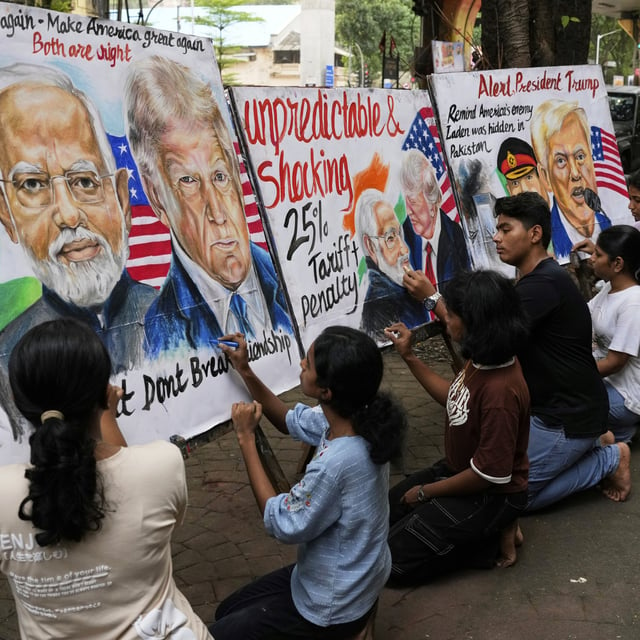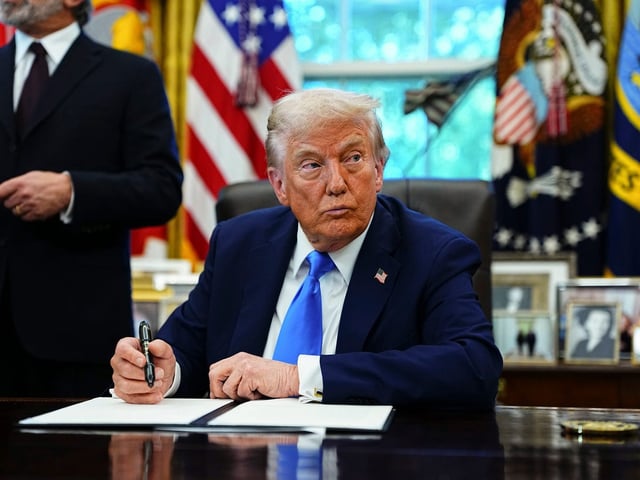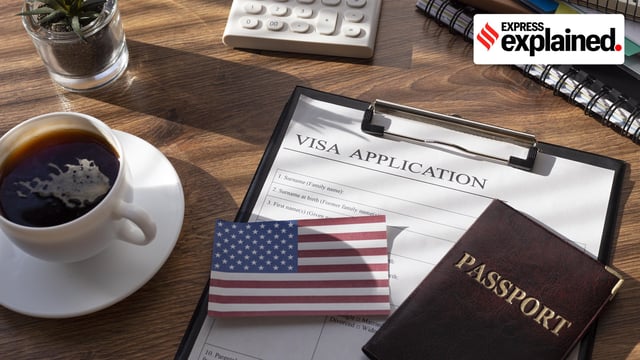Overview
- President Donald Trump’s proclamation took effect September 21, imposing a $100,000 fee on each new H‑1B petition with the stated goal of curbing program abuses and protecting U.S. workers.
- The rollout caused confusion and hiring pauses across tech and services, with employers weighing higher costs, potential offshoring, and challenges for startups and entry-level roles.
- Canada’s Prime Minister Mark Carney called the shift an opportunity and said Ottawa will bring a proposal to attract affected skilled workers, as Germany and the UK also court talent.
- India warned of risks to services exports and remittances, instructed its missions to assist nationals, and its finance ministry judged the near-term impact manageable but in need of monitoring.
- Immigration lawyers say lawsuits are likely, and separate U.S. plans to weight H‑1B selection by offered wage have been outlined for future cap rounds.


